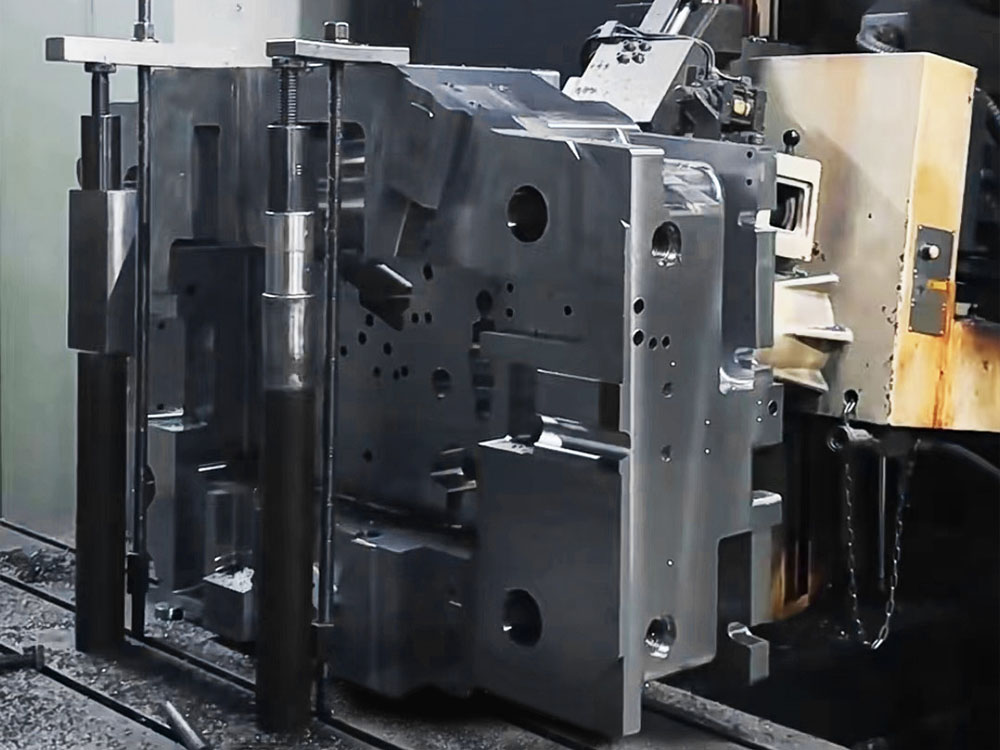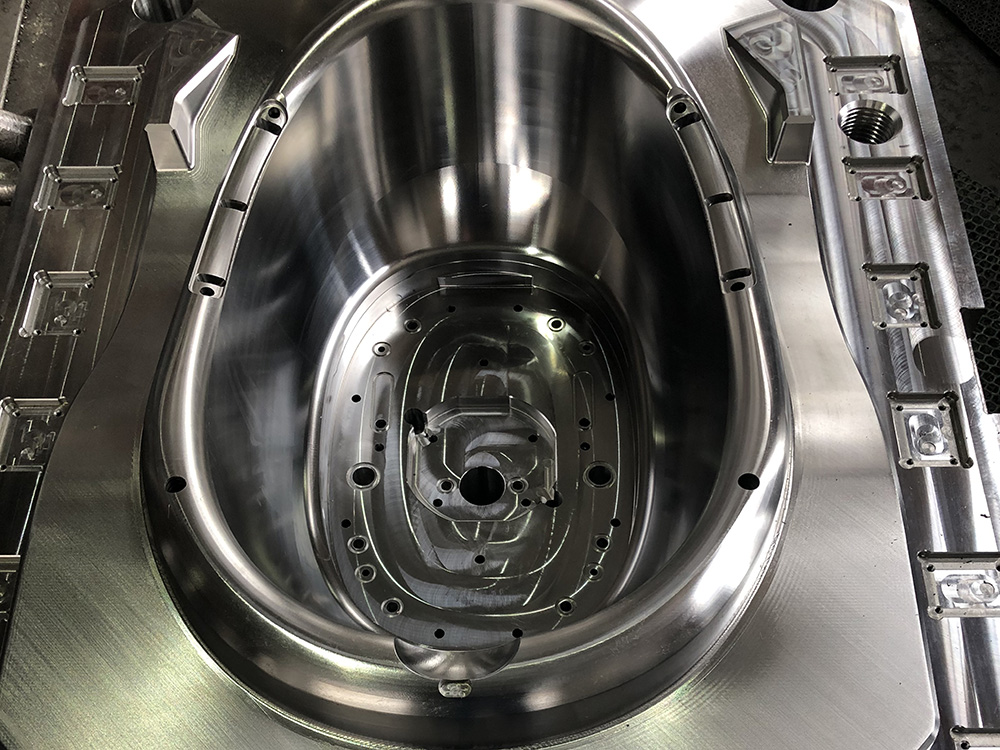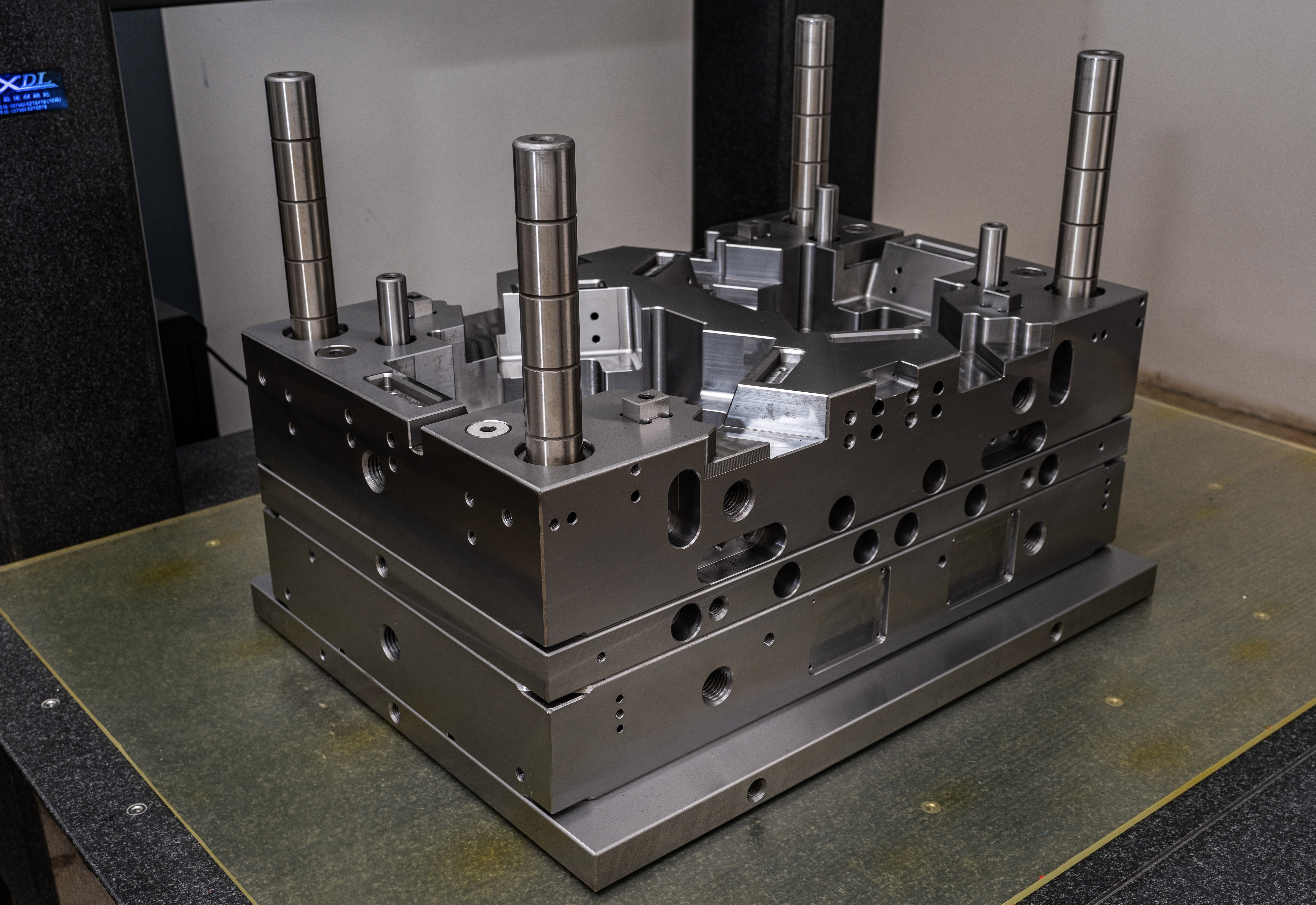Skills Required for CNC Machining Frame Design in Mold Base Industry
In the mold base industry, CNC machining frame design plays a critical role in the manufacturing process. This specialized field requires a unique set of skills and expertise to ensure precision, accuracy, and efficiency in producing high-quality mold bases. In this article, we will explore the key skills required for CNC machining frame design in the mold base industry.
Technical Proficiency in CAD/CAM Software
One of the essential skills for CNC machining frame design is technical proficiency in Computer-Aided Design (CAD) and Computer-Aided Manufacturing (CAM) software. CAD software, such as AutoCAD or SolidWorks, allows designers to create accurate 3D models of mold base frames with precise measurements and specifications. CAM software, on the other hand, converts these models into machine instructions for CNC machining. A firm grasp of these software programs is crucial to effectively design and manufacture mold base frames.
Understanding of Material Properties
An in-depth understanding of material properties is indispensable in CNC machining frame design. Different types of mold base frames require specific materials with varying properties, such as strength, hardness, and durability. Designers must be knowledgeable about the characteristics and behaviors of materials like steel, aluminum, or composite materials to select the most suitable option for a given mold base application. This knowledge ensures that the CNC machining frame can withstand the rigors of the molding process and deliver optimal performance.
Knowledge of Manufacturing Processes
A comprehensive knowledge of manufacturing processes is essential for successful CNC machining frame design. Designers must have an understanding of various machining techniques, such as milling, drilling, turning, and grinding, to develop efficient and cost-effective designs. They should be able to determine the best machining processes for specific mold base frames, considering factors such as complexity, accuracy, and production time. Understanding manufacturing processes enables designers to optimize the design and minimize production errors.
Expertise in Geometric Dimensioning and Tolerancing (GD&T)
Proficiency in Geometric Dimensioning and Tolerancing (GD&T) is critical for CNC machining frame design. GD&T is a symbolic language used to communicate design specifications and tolerances. Designers with expertise in GD&T can accurately define the tolerances, dimensions, and geometric features necessary for precision mold base frames. This skill helps ensure that the CNC machining processes produce mold base frames within required tolerances and functional specifications, aligning with industry standards and customer expectations.
Problem-Solving and Analytical Skills
Problem-solving and analytical skills are essential for CNC machining frame designers in the mold base industry. They must be able to analyze complex design challenges, identify potential issues, and formulate effective solutions. Whether it's ensuring optimal stability, minimizing deformation, or resolving clearance conflicts, designers must possess the ability to evaluate different options and make informed decisions. These skills enable them to overcome design challenges and deliver innovative mold base frame solutions.
Attention to Detail and Quality Orientation
An eye for detail and a focus on quality are critical skills for CNC machining frame designers. They must pay meticulous attention to every aspect of the design, ensuring accurate measurements, proper alignment, and smooth surface finishes. A small error or oversight can lead to significant consequences during the machining and molding processes. Designers' commitment to quality results in precise mold base frames that meet strict industry standards and customer requirements.
Effective Communication and Collaboration
Effective communication and collaboration skills are important for CNC machining frame designers working in the mold base industry. They must be able to understand and interpret customer requirements, collaborate with various stakeholders, such as toolmakers and manufacturers, and communicate design details effectively. Clear communication helps ensure that everyone involved in the process understands the design intent, minimizing errors and delays. Collaboration fosters an efficient workflow and promotes successful project outcomes.
In conclusion, CNC machining frame design in the mold base industry demands a range of essential skills and expertise. Technical proficiency in CAD/CAM software, understanding material properties, knowledge of manufacturing processes, expertise in GD&T, problem-solving and analytical skills, attention to detail and quality orientation, as well as effective communication and collaboration skills, are all crucial for successful CNC machining frame design. These skills enable designers to develop innovative and precise mold base frames, contributing to the overall efficiency and quality of the mold manufacturing process.




